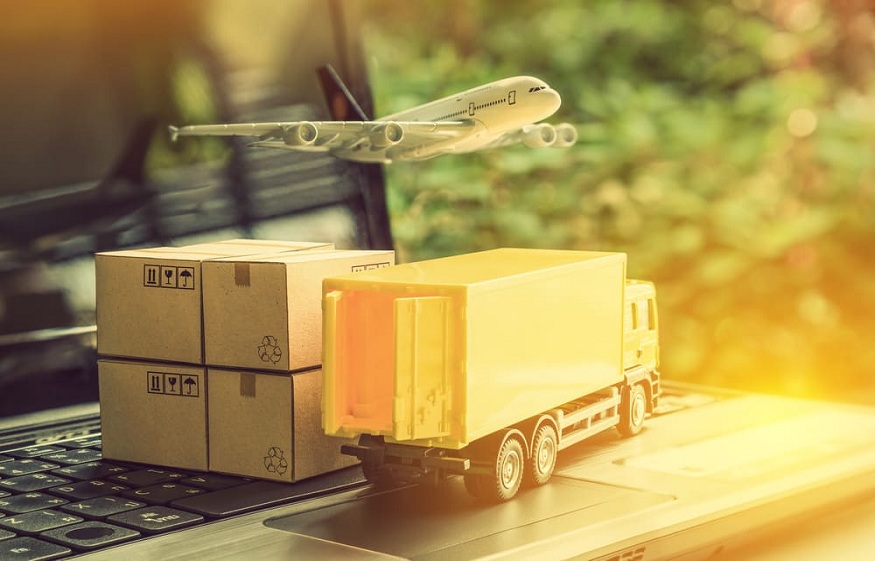The explosion of ecommerce around the world has led to many more small companies shipping internationally. Some of these companies are comprised of little more than the owner and a few family members. Yet regardless of company size, all ecommerce operations choosing to ship overseas need to abide by the same rules and regulations.
If you are an ecommerce operator looking to extend your reach beyond the U.S., rest assured the opportunities are out there. But also understand there is a lot to know about international shipping. Preferred Shipping is an international shipping provider and DHL authorized reseller based in Sugar Land, TX. They suggest ecommerce operators know the following things before they get started:
1. How the System Works
International shipping is quite different from its domestic counterpart. First of all, there are more players involved. The logistics pipeline for international shipping can involve couriers, shipping companies, importers, and agents. Customs is almost always involved as well.
Not knowing how the system works opens a company up to being taken advantage of. The more you know about the system, the better prepared you will be to ask the right questions.
2. The Basics of Customs Documents
Every international shipment is accompanied by customs documents. Those documents must contain an array of information including the products being shipped, their value, their purpose, and the recipient. Incorrect documentation is a big reason for border delays. Entire shipments can be delayed for weeks or longer because of a simple error in the paperwork.
As an ecommerce operator, you do not necessarily need to be an expert in customs documents. But you should have a working knowledge of them. A basic knowledge combined with a shipping partner who assists with paperwork should eliminate errors.
3. Duties and Taxes
It is possible that the goods you ship overseas will be subject to duties and taxes. If so, you need to know who is responsible for paying them. Anything you need to pay yourself should be added into the cost of your products so that you do not end up losing money on the deal. This is something you need to know before you get started, so that you can price your products accordingly.
4. Local Shipping Partners
Before you begin offering international shipping, you really should know about your local shipping partners. In most major metropolitan areas, you have plenty of choices. But in smaller cities and towns, your choices may be limited. There is also the question of whether you will deal directly with the shipper or go through a reseller or courier.
Practically speaking, there is the question of how you are going to get your packages to the shipping partner. Most shippers will now come to you to pick them up. But not all will.
5. Third-Party Fulfillment
Finally, familiarize yourself with third-party fulfillment. If you can find a local shipping partner that offers this service, you could actually streamline your operations and possibly save some money. It is at least worth looking in to.
Under a third-party fulfillment scenario, the goods you order are shipped to your shipping partner instead of your location. You forward completed orders to the shipping partner, where they would be fulfilled and shipped off. The shipping partner essentially acts as your fulfillment center and shipper simultaneously.
International shipping is a complex beast. Given the volume of cross border sales these days, shipping internationally is something every ecommerce operator needs to consider. But before that decision is made, there is a lot to know. Needless to say, that knowledge is power in the international shipping game.

